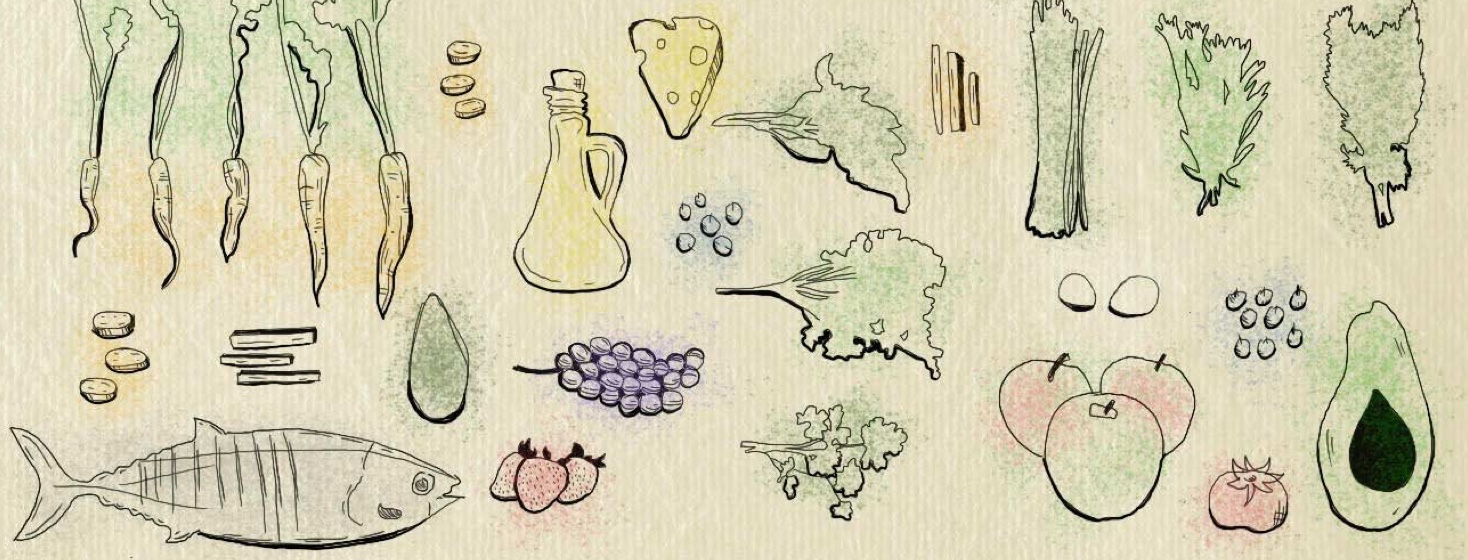Why I Chose the Mediterranean Diet To Help Manage My NAFLD
Being diagnosed with nonalcoholic fatty liver disease (NAFLD) was nothing short of life-changing—and scary. I immediately began to deep dive into everything I needed to know about liver health and how to potentially reverse my fatty liver. Everything pointed me towards the Mediterranean diet, ironically, the same eating regimen that was on the piece of paper my gastroenterologist handed me before ushering me out the door in complete dumbfoundedness.
Significant weight loss and improved health with the Mediterranean diet
I was diagnosed in 2021, and by the time I got pregnant with my first baby in 2022, I had lost 40 pounds. I implemented the Mediterranean eating pattern before, during, and after my pregnancy, and I feel like the results spoke for themselves. By May 2023, two months postpartum, I had lost a total of 60 pounds.
Why? I believe I have the Mediterranean diet to thank. Although my liver enzymes were never elevated to a point of concern, they still decreased. My cholesterol and glucose levels lowered, and I was shedding weight, becoming healthier overall. This lifestyle change felt particularly impactful given my NAFLD diagnosis and the potential for it to progress to nonalcoholic steatohepatitis (NASH), a more severe form of fatty liver disease
Featured Forum
View all responsesUnderstanding the Mediterranean approach
What is great about the Mediterranean eating plan is that it doesn’t forbid you from eating certain foods; it teaches you to seek healthier alternatives to the foods you love, feeds your body the foods it needs, and therefore teaches you to enjoy smaller portions. When your body is being provided the fuel it needs to function, you aren’t hungry as often because your body isn’t craving sustenance—you’re getting the sustenance and enjoying it! This approach to nutrition is particularly beneficial for managing conditions such as non-alcoholic fatty liver disease and nonalcoholic steatohepatitis, as it focuses on whole, unprocessed foods that support overall metabolic health.
Finding a sustainable path to wellness with NAFLD
If I had gone cold turkey on my previous lifestyle and committed 100% to the Mediterranean diet, I would not have been successful. I know myself too well to simply give up everything I love and am accustomed to. However, by following the Mediterranean diet 90/10, using it as the foundation of my eating habits, and implementing it in ways that I knew would work for me, while not restricting myself from cravings, it truly changed my life. This gradual and flexible approach is key for anyone trying to manage NAFLD or prevent its progression to NASH.
Managing NAFLD with the Mediterranean diet
Contrary to popular belief, the Mediterranean diet is NOT the diet of the Mediterranean. It serves as a guide to healthy eating, drawing on traditional foods from that region. It's rich in healthy fats, fruits, vegetables, and lean proteins. You can enjoy whole grains and sourdough. Make your meals the way you want—just use healthier versions of the things you love. This emphasis on whole, unprocessed foods makes the Mediterranean eating style a powerful tool for improving liver health and overall well-being, especially for those living with non-alcoholic fatty liver disease or nonalcoholic steatohepatitis.

Join the conversation